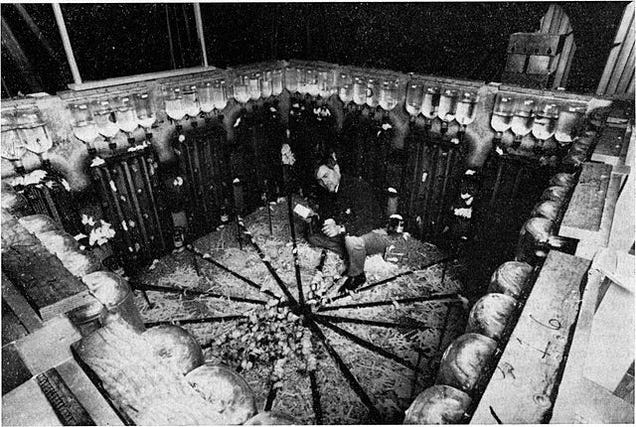- 21,756
- 30,332
- Joined
- Dec 3, 2013
You give people too much credit. In s perfect world you don't need it but the worlds not perfect. Before you know it the person who gets guns first will become a warlord and start terrorizing people
You're absolutely right bruh...Alonzo gif
+1






